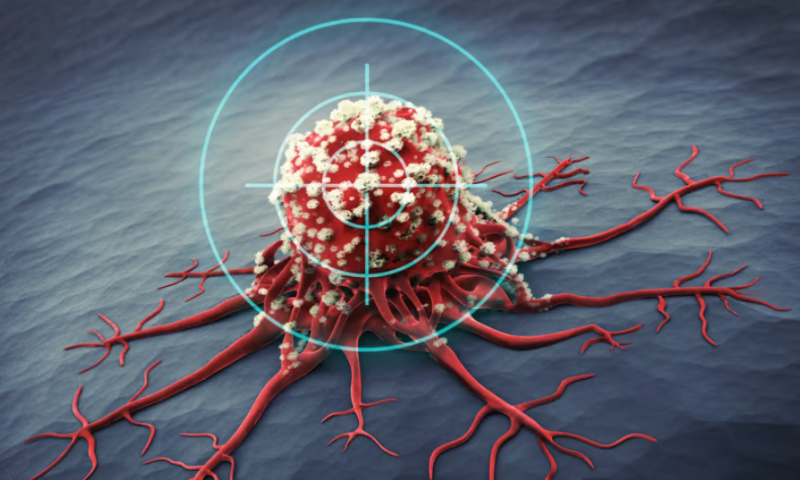A new precision medicine initiative is doing a bit of pharmaceutical matchmaking to see if preclinical evidence for cancer drug combos holds up beyond the lab.
The National Institutes of Health (NIH) announced June 1 that it’s launching patient enrollment in Molecular Analysis for Combination Therapy Choice, or ComboMATCH, a coordinated set of clinical trials that will test out different combinations of cancer drugs with “robust” preclinical evidence, the agency said in a press release. The effort is being conducted through the five groups under the National Cancer Institute National Clinical Trials Network, or NCTN, with the ECOG-ACRIN Cancer Research group at the helm. An anticipated 2,000 patients are set to be enrolled, though that number could grow.
“The central hypothesis of ComboMATCH is that a precision medicine initiative organized around preclinical in vivo evidence will efficiently generate clinical studies that are likely to reach their clinical activity endpoints,” Funda Meric-Bernstam, M.D., a co-leader of ComboMATCH and chair of the Department of Investigational Cancer Therapeutics at the University of Texas MD Anderson Cancer Center, said in a separate press release put out by the NCTN organizations.
Combination therapies have been described as the “cornerstone of cancer therapy”. They’re especially important for staving off treatment resistance and metastasis, as malignant cells can come up with all sorts of ways to render single therapies ineffective. This is just as true for new, highly-targeted precision medicines as for old stalwarts like chemotherapy, presenting a need for initiatives like ComboMATCH, a team of researchers involved in the effort described in a paper published in April.
“Although many therapies are now approved for the treatment of cancers harboring specific genomic alterations, most patients do not respond to therapies targeting a single alteration … [and when] antitumor responses do occur, they are often not durable due to the development of drug resistance,” the authors wrote. “Therefore, there is a great need to identify rational combination therapies that may be more effective.”
ComboMATCH is a successor to an earlier precision medicine trial, NCI-MATCH. That trial included patients with advanced solid tumors and blood cancers that had already failed to respond to standard treatment or were so rare that a treatment didn’t exist. Most of the patients received single-agent drugs that were either already FDA-approved or were being tested in clinical trials. The trial has produced dozens of publications so far.
The new initiative builds on those findings by testing various combinations of tumor-specific drugs, either with another targeted therapy or with a standard therapy, like chemo. Unlike NCI-MATCH, children will be eligible for some studies in ComboMATCH. Some of the drugs in the combinations being studied will already have FDA approval, while others will still be undergoing clinical trials. All of the pairs will have passed phase 1 safety studies.
“An important strength of the study is that the combinations being evaluated in ComboMATCH will be based on preclinical data showing that indeed the combination is better than either agent alone,” said Stanford University School of Medicine oncologist James Ford, M.D., who’s co-leading the initiative.
Among the combinations are Pfizer’s MEK inhibitor Mektovi, with its CDK4/6 inhibitor Ibrance for RAS-mutated ovarian and pancreatic cancer. Mektovi will also be tried with chemotherapy as a second-line treatment for mutated biliary tract cancer. AstraZeneca’s PARP inhibitor Lynparza will be tested with the Novartis PIK3 alpha isoform-selective inhibitor Piqray in patients with BRCA-associated breast cancer. Other drug pairs will treat NF1-positive breast cancer, RAS-mutated endometrial cancer and metastatic breast cancer with a mutation in the gene AKT.
Three trials are open for enrollment now, with six others launching in the next few months. In addition to ComboMATCH, the NIH also has two other precision medicine initiatives underway: ImmunoMATCH, to study how to improve cancer responses to immunotherapy, and MyeloMATCH to test treatments for acute myeloid leukemia or myelodysplastic syndromes.

